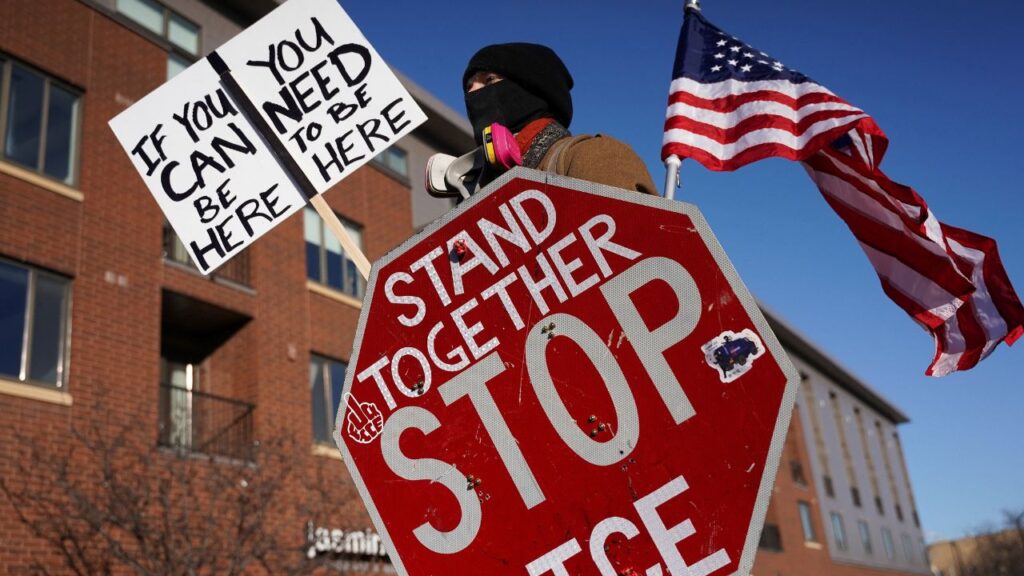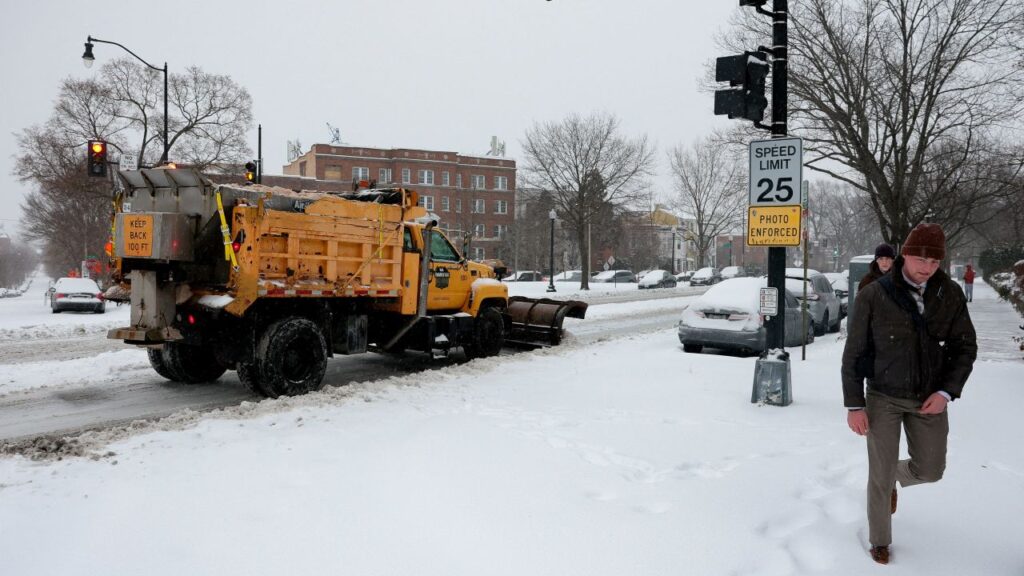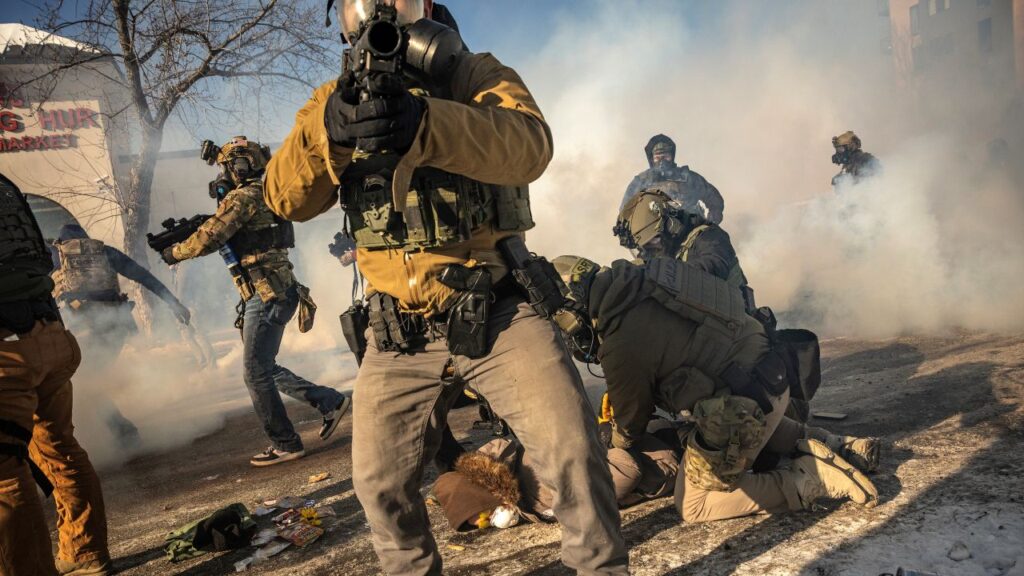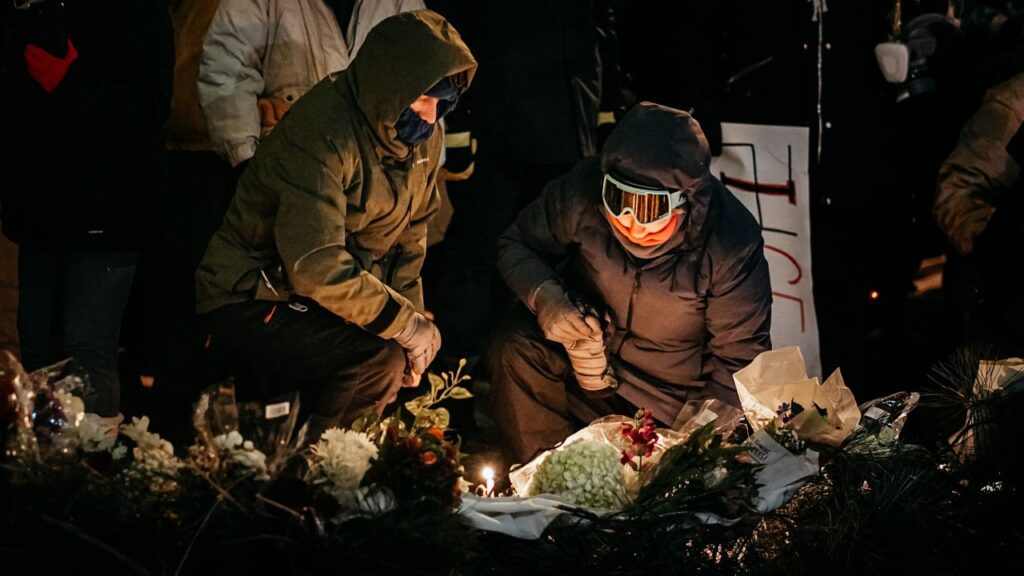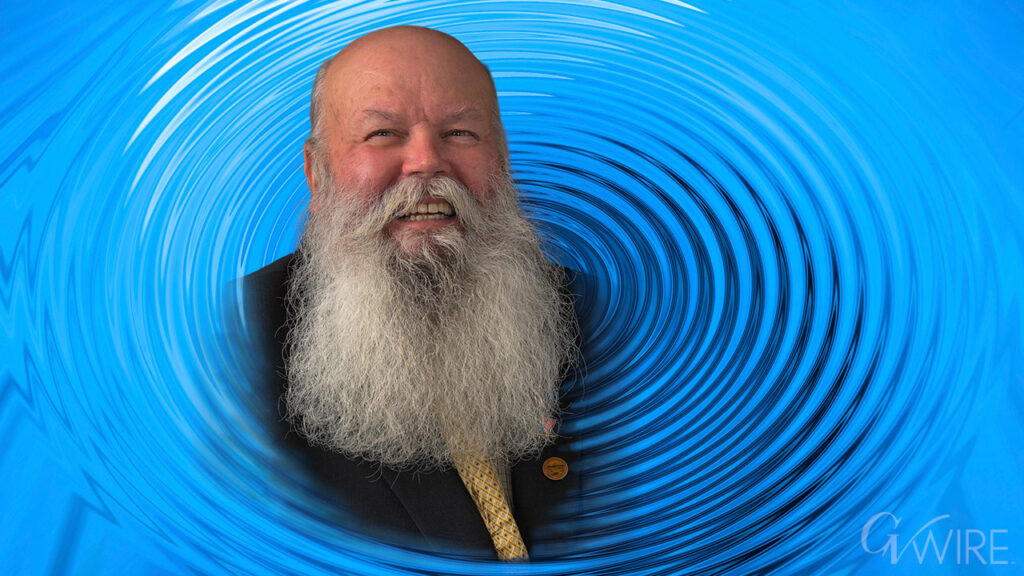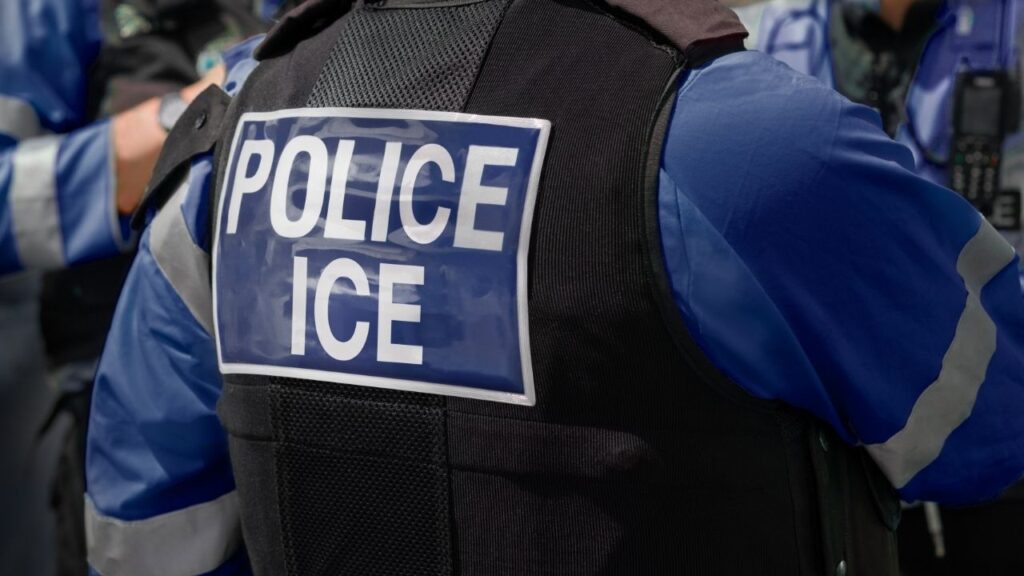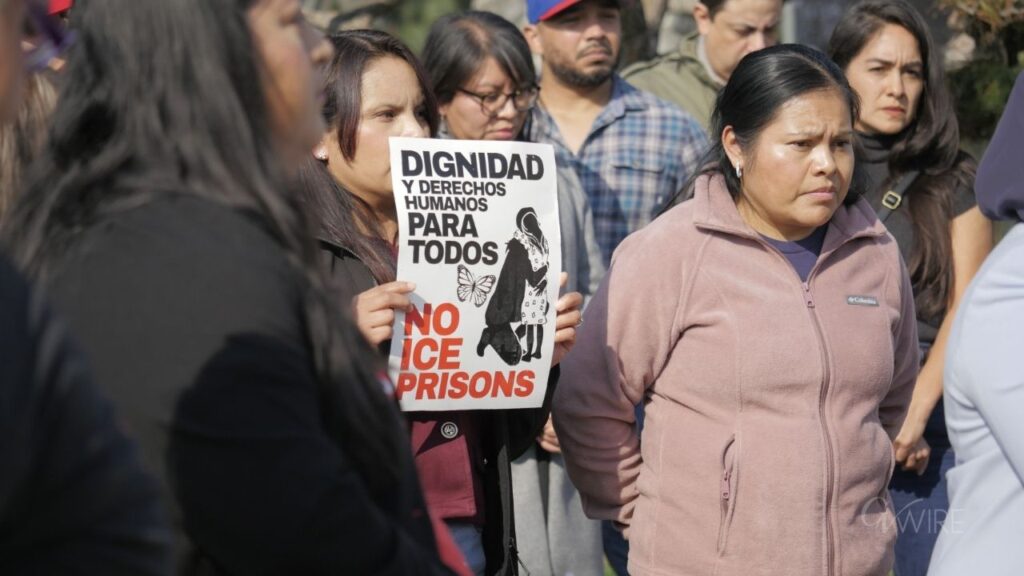Share
Russia’s invasion of Ukraine has left local Ukrainians feeling angry, hurt, and with a sense of betrayal that the U.S. failed to uphold a nearly 30-year-old security agreement to protect the nation, the Rev. Dr. Gregory Zubacz told GV Wire on Thursday.
Under the 1994 Budapest Memorandum, Ukraine agreed to give up its stockpile of nuclear weapons — at that time the world’s third-largest — in exchange for security guarantees from the U.S., Zubacz said.
“Ukraine did the right thing by giving up their nuclear weapons, but the international community didn’t do the right thing by throwing Ukraine under the bus and letting them be invaded by Russia,” he said.
Military Intervention Needed
To stop the invasion, Zubacz said, the international community would have needed to send in more substantial military aid than the bullets and Javelin anti-tank missiles that had been provided thus far and which he said is the equivalent of “blankets and aspirin.”

“I don’t think it’s going to be as easy as Putin thinks. The Ukrainian people have demonstrated through the centuries how resilient they are.” — Rev. Dr. Gregory Zubacz
Zubacz is a native of Canada whose father emigrated from Ukraine after World War II. He came to the U.S. to pastor at St. Michael’s Ukrainian Catholic parish and also teach at Fresno Pacific University, where he is an associate provost.
The sanctions announced by President Joe Biden on Thursday are unlikely to have much of a severe impact on Russia, Zubacz predicts. What would get Putin’s attention would be military intervention, but it’s unlikely to come from the United Nations, where ironically Russia is now head of the Security Council that was holding hearings this week on the Russian military build-up, he said.
“Unfortunately there has to be a military intervention. That’s the only thing that an individual like Putin will understand,” Zubacz said.
Daughters Struggling to Understand
This week’s invasion of Ukraine is a continuation of the Russian strategy to retake Ukraine that began with the invasion of the Donbas region in 2014, he said.
Why didn’t Putin just keep rolling westward at that time? “I think he was waiting for the geopolitical landscape to change,” Zubacz said. “Notwithstanding all of the allegations that were made against the previous president and his connection to Russia, it’s well known that Putin feared Trump.
“I don’t think he fears Joe Biden. It’s become very clear based on the way the office has been handled over the course of the last 12 months or so that he’s not a president that the international community needs to fear too much. So as a result, I think that Putin saw the opportunity, he smelled blood in the water, and he decided now’s the time to engage in the hot war.”
Zubacz said his daughters are struggling to understand why Russia would invade a peaceful neighbor and why the international community’s response has been so tepid thus far. And Zubacz said he has a hard time fathoming why the Russian Orthodox Church patriarch would bless armaments that were being prepared for the invasion.
“It’s hard for us to wrap our heads around that as Christians, why anyone would want to do something like that,” he said.
More Refugees
He predicts more Ukrainians are likely to flee over the border as the war heats up, noting that some of his own family fled their homes last week and wound up with relatives in Serbia.
Zubacz said the most accurate reports on what’s happening in Ukraine are coming in his Facebook feed from Ukrainians who are reporting what they see outside their windows.
As dark as it now appears for Ukraine, Zubacz said he is sustained by his faith.
“History shows that notwithstanding the evil that gets unleashed against people and against nations and against groups, in the end, there’s always some kind of a righting that happens, some kind of a truth that comes out, some kind of a justice that gets worked eventually. And the challenge, of course, is to be patient and to wait and to trust in God during these difficult times.”
St. Michael’s parish worships at Our Lady of Perpetual Help School Chapel, 856 Harvard Ave., Clovis, will conduct a liturgy for the victims of the invasion at the close of Sunday’s service, he said.
And at some point — there’s no telling how long it might take — Ukraine will again be an independent nation, Zubacz said.
“I don’t know when that’s going to be, but I don’t think it’s going to be as easy as Putin thinks. The Ukrainian people have demonstrated through the centuries how resilient they are. They survived Russian imperialism. They survived Bolshevik communism. They survived invasion by the Nazis. They survived later communism. And then they survived a lot of corruption under the governments. So the Ukrainian people are survivors. They’re an oppressed nation that everybody seems to want to trample over, but they always come back at the end.”
Categories
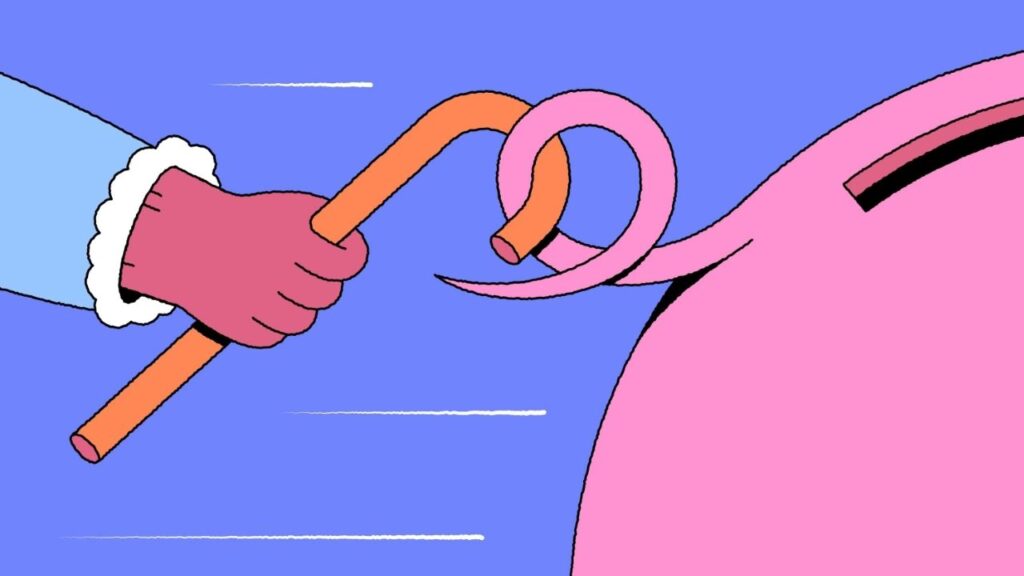
New Rules for 401(k) ‘Catch-Up’ Contributions in 2026
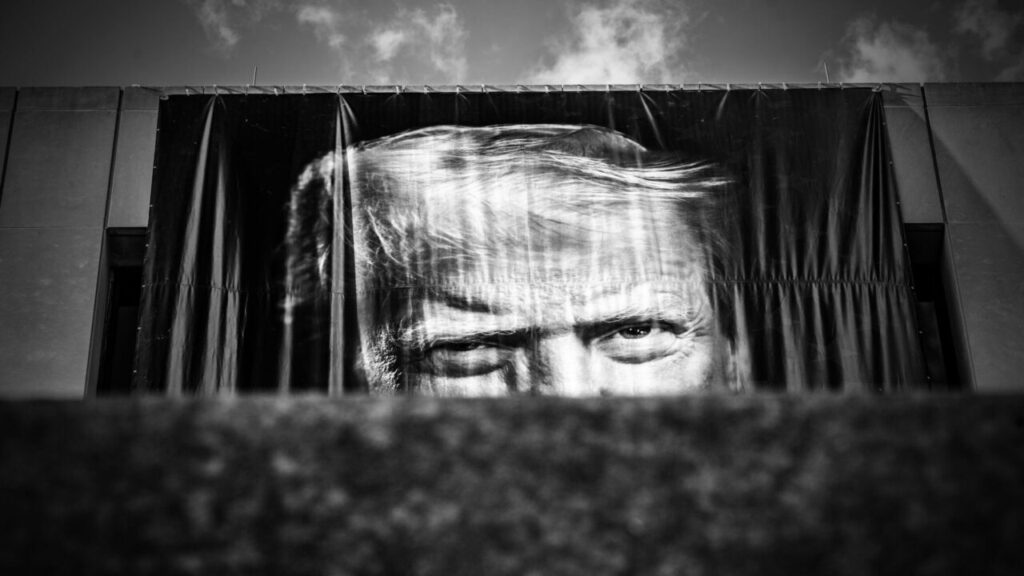
The Coming Trump Crackup
